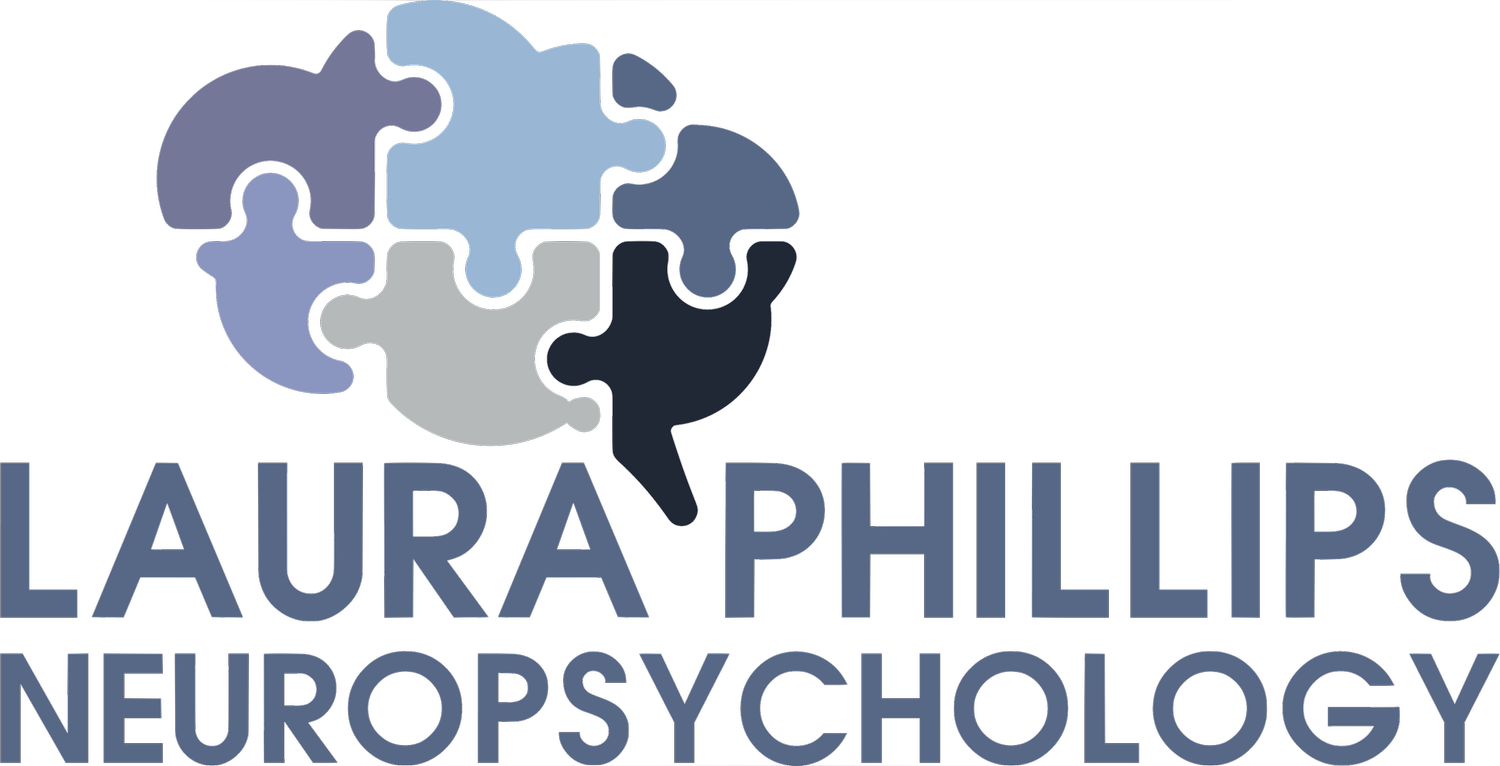frequently asked questions
-
Pediatric neuropsychology is a specialized field of psychology that focuses on understanding the relationship between the brain and behavior in children. It involves the assessment and treatment of children and adolescents with neurological, neurodevelopmental, or psychological conditions that affect cognitive, behavioral, and social-emotional functioning.
-
Pediatric neuropsychologists assess a wide range of neurological and neurodevelopmental conditions, including ADHD, learning disabilities, autism spectrum disorders, brain injuries, epilepsy, and genetic disorders. We also evaluate children with psychiatric conditions, such as depression, anxiety, and thought disorder, to better understand how these conditions could be impacting their learning, friendships, and broader engagement with age-appropriate tasks, as well as to recommend ways to support them.
-
You should consider bringing your child to a pediatric neuropsychologist if they are experiencing significant challenges in learning, behavior, social adjustment, or emotional regulation, or if they have a known neurological condition that could impact cognitive or behavioral functioning.
Children who are living with mental health conditions, such as anxiety and/or mood disorders, will also benefit from a neuropsychological evaluation, which can assess the impact of their condition on their memory, attention, executive functioning, processing speed, and other cognitive abilities; inform more personalized treatment plans; and provide the necessary documentation to support requests for educational accommodations or modifications in school, if there is impact on their learning.
-
Neuropsychological and psychoeducational evaluations differ in several critical ways, including in their scope, depth, and focus. While a psychoeducational evaluation primarily focuses on a child’s academic performance, a neuropsychological evaluation provides a thorough and detailed assessment of a child’s cognitive, behavioral, and emotional functioning.
It involves assessment of multiple cognitive domains, such as attention, memory, executive function, language, visuospatial skills, motor skills, and academic achievement. While a psychoeducational evaluation can identify that a child is underperforming, academically, relative to their potential, a neuropsychological evaluation can identify why the child is underperforming, both for diagnostic clarity and to inform more targeted intervention.
Neuropsychological evaluations also include, as needed, consideration of how developmental or acquired neurological conditions affect cognitive and behavioral functioning. The goal of a neuropsychological evaluation is to understand the child’s cognitive profile, with impact on learning, behavior, and socialization, in the context of their developmental, neurological, and psychological health.
Families will gain a more holistic understanding of their child and their functioning. While psychoeducational evaluations are typically geared towards interventions and supports that can be provided within the school setting, families will walk away from a neuropsychological evaluation with broader recommendations that may include medical treatment, therapy, and intervention that extends beyond the educational setting, though educational supports are a key component, as well.
-
A neuropsychological evaluation with Dr. Phillips begins with a 90-minute parent/caregiver intake appointment, during which Dr. Phillips gathers information pertaining to the reason for referral and relevant history.
Dr. Phillips will request that parents and teachers or others who know the child well complete questionnaires and rating forms. She will also review educational and other records prior to meeting the child.
Dr. Phillips will then conduct a comprehensive, in-person evaluation, over the course of 2-4 sessions, using a variety of standardized tests, activities, and questionnaires to measure different aspects of cognitive and behavioral functioning. The evaluation may also include an observation of your child, depending on age and referral concerns.
After testing has concluded, Dr. Phillips will meet with parents/caregivers for a 90-minute feedback appointment, during which she reviews collected data, provides a diagnostic conceptualization, and makes recommendations for intervention and support, as needed.
-
After the evaluation, Dr. Phillips will review and integrate all data into a diagnostic conceptualization that she will discuss with the family before preparing a comprehensive report that includes a diagnosis (if applicable), strengths and weaknesses, and recommendations for interventions, accommodations, and supports.
As part of the evaluation, Dr. Phillips will provide feedback to the child and up to two providers, or school personnel, though participation in IEP meetings or impartial hearings will be billed separately.
-
I am not in-network with any insurance companies. However, your insurance policy may provide out-of-network benefits for neuropsychological evaluations. I am happy to provide you with an invoice for submission to your insurance company, if you have out-of-network benefits that are applicable.
-
Ensure your child gets a good night's sleep before the evaluation and has a good breakfast. Bring plenty of snacks to the evaluation session (I have snacks in my office, and I love to share, too!). Explain to your child that they will be meeting someone kind of like a teacher who will be doing a bunch of activities with them to learn more about how they think and solve problems. We can discuss this further and tailor the explanation to your child’s own unique situation when we meet for the intake appointment.
** You know your child best. Some children do well with a lot of advanced notice before a change in routine, such as a missed day of school to come into an office for an evaluation session, whereas other children will ruminate for days if they learn about a change in their routine days ahead of time. If helpful, we can discuss the timing of sharing the plan with your children (and how!) during the intake appointment, as well.
